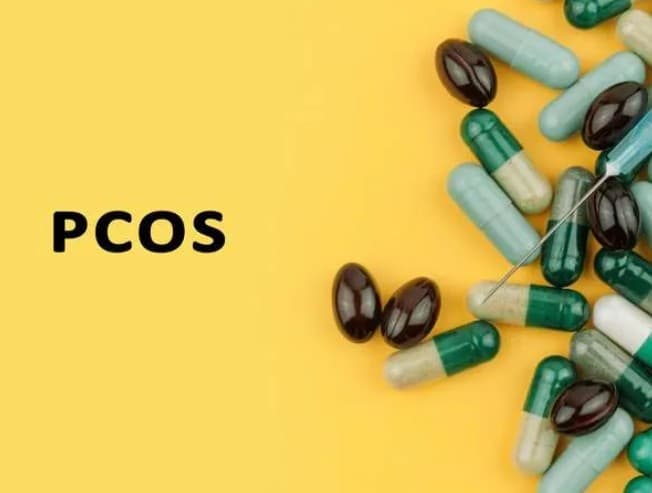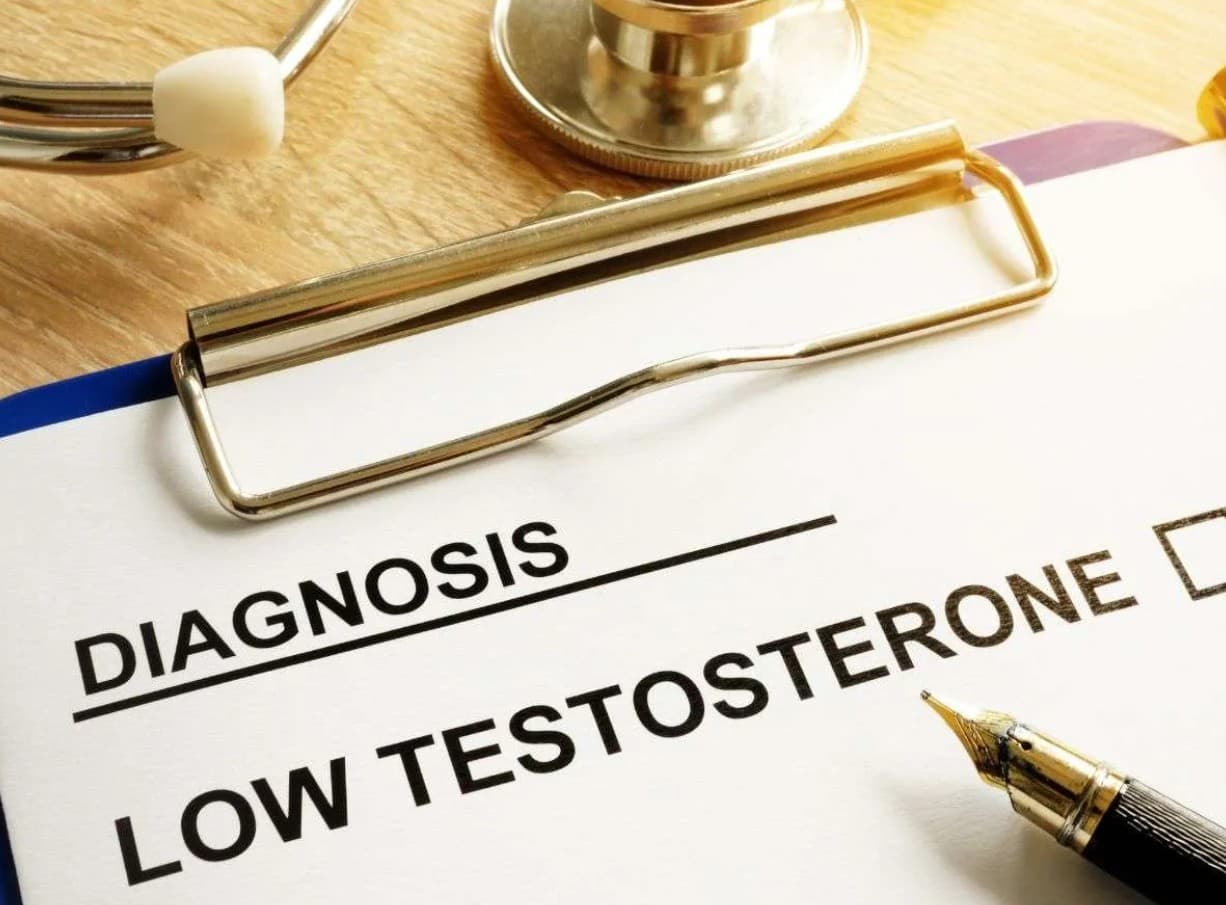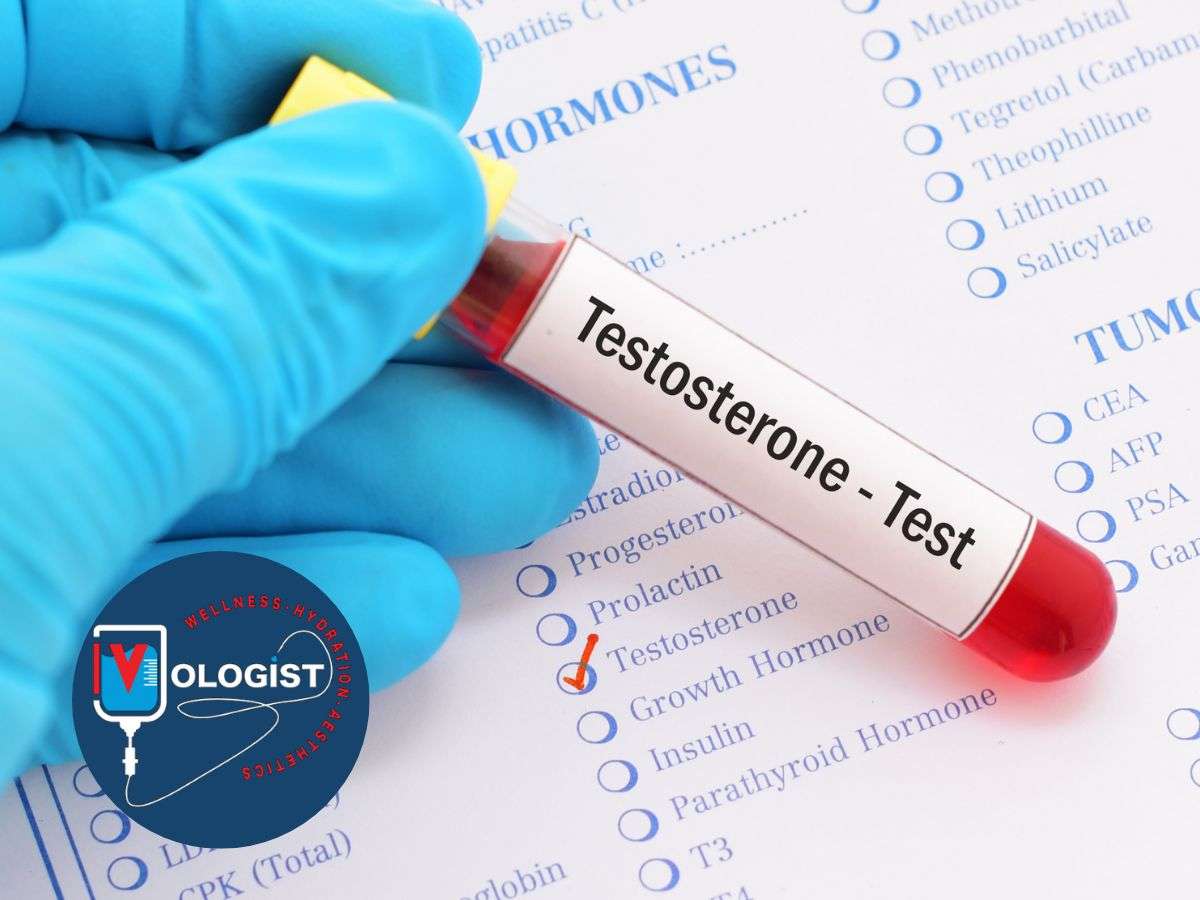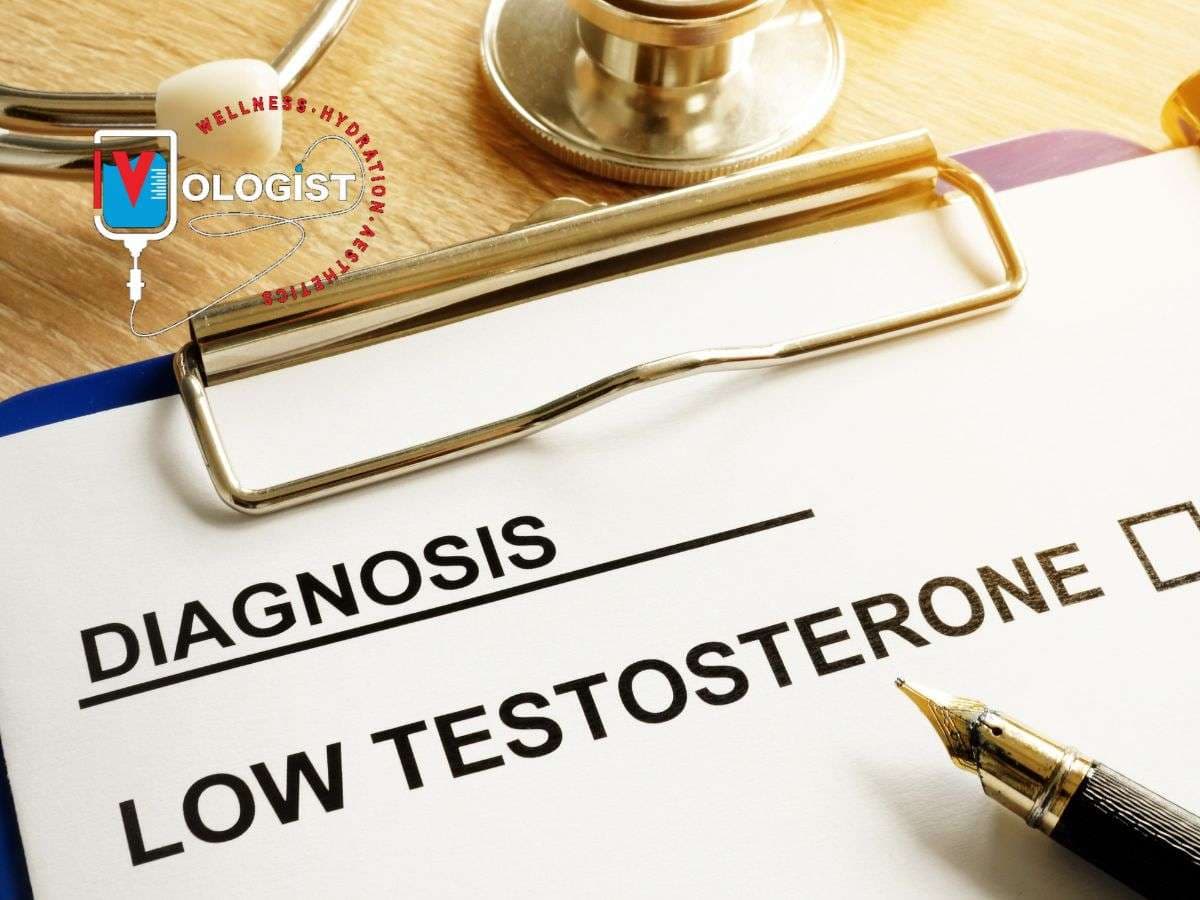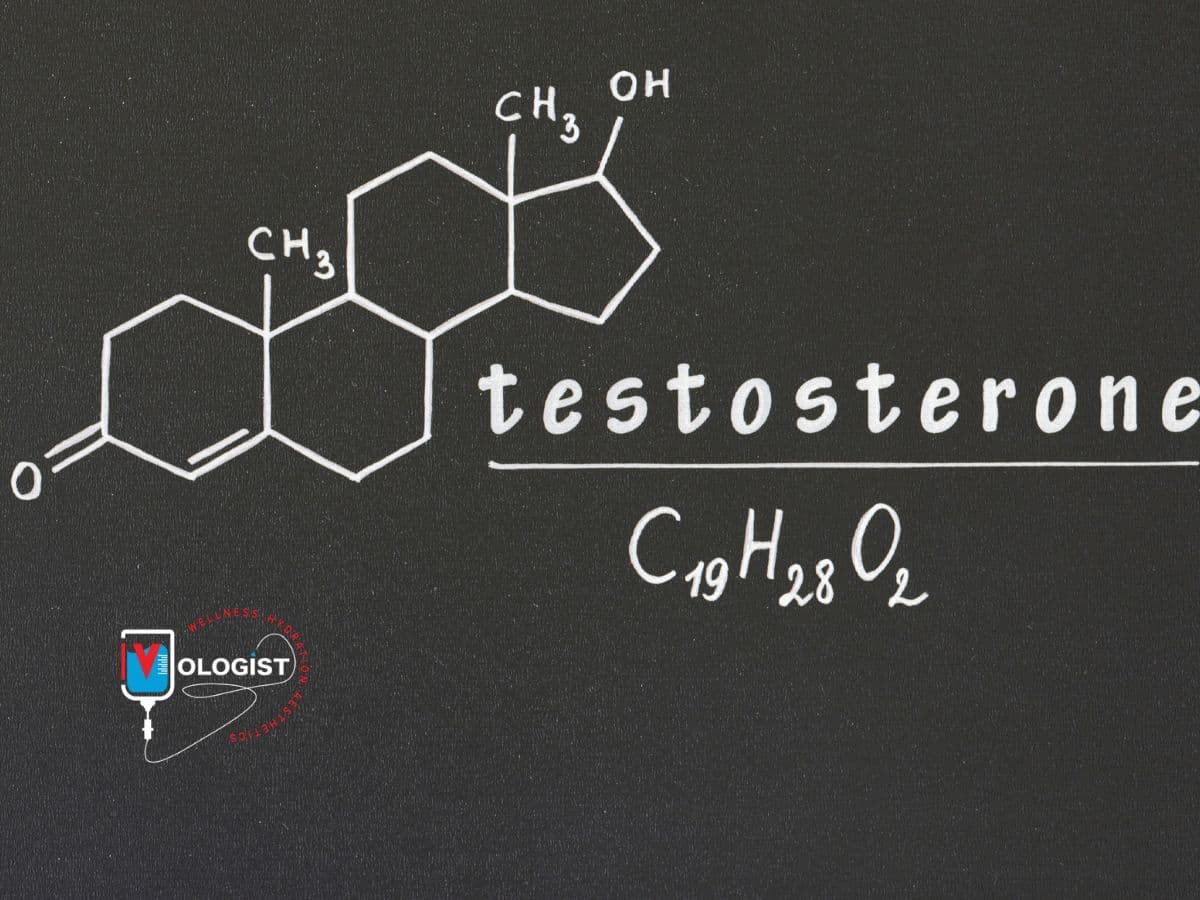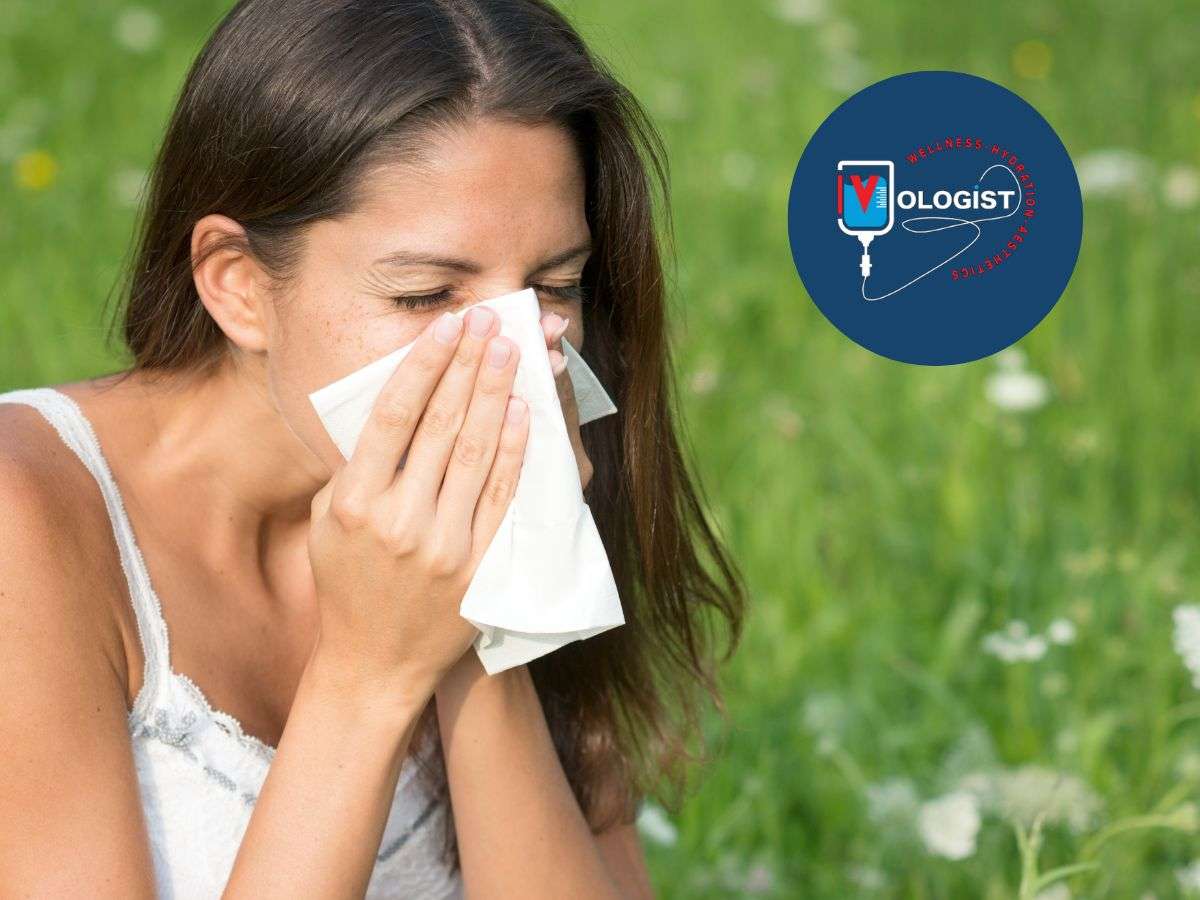What is PCOS?

Understanding Polycystic Ovary Syndrome
Polycystic Ovary Syndrome (PCOS) is a hormonal disorder that affects women during their reproductive years, making it one of the most common endocrine conditions worldwide. PCOS occurs when the ovaries produce an abnormal amount of androgens, which are male hormones typically present in women in small amounts. These imbalances disrupt several bodily systems, leading to a wide range of symptoms and complications. This disorder not only impacts fertility but also has significant effects on metabolic, reproductive, and cosmetic health.
How PCOS Impacts the Body
PCOS manifests across three primary areas of health:
- Metabolic Symptoms: Insulin resistance is a hallmark feature, predisposing women to issues like high blood sugar and Type 2 diabetes. Weight gain, especially around the abdomen, is also common.
- Reproductive Symptoms: PCOS disrupts ovulation, leading to irregular menstrual cycles, difficulty conceiving, and occasionally multiple cysts in the ovaries.
- Cosmetic Symptoms: Elevated androgen levels often cause visible issues like acne, excessive hair growth (hirsutism) on the face or body, and thinning scalp hair.
Common Symptoms and Health Impacts
Women with PCOS often experience a varied combination of symptoms that can make diagnosis and treatment challenging. While the condition may present differently for each individual, there are key symptoms and health risks to be aware of:
Key Symptoms
- Irregular Menstrual Cycles: Missed periods, infrequent ovulation, or heavy flows are typical.
- Excessive Hair Growth (Hirsutism): Dark, coarse hair may appear on the face, chest, back, or abdomen.
- Acne: Hormonal imbalances frequently exacerbate acne, particularly on the face, chest, and upper back.
- Weight Gain: Many women struggle with unexplained weight gain, which is often resistant to diet and exercise.
- Hair Thinning: Some experience male-pattern hair thinning on the scalp.
Health Impacts
PCOS goes beyond these symptoms to increase the risk of severe health conditions:
- Insulin Resistance and Type 2 Diabetes: Up to 70% of women with PCOS develop insulin resistance, making them more likely to develop Type 2 diabetes later in life.
- Cardiovascular Disease: PCOS-related metabolic issues like high cholesterol and elevated blood pressure contribute to long-term cardiovascular risks.
- Infertility Challenges: Due to irregular ovulation, many women find it difficult to conceive without assistance.
Causes and Risk Factors
Researchers have yet to pinpoint a single cause of PCOS, but they agree that a combination of genetic and environmental factors plays a role.
Potential Causes
- Hormonal Imbalances: Overproduction of androgens interferes with ovulation, leading to irregular menstrual cycles.
- Insulin Resistance: Elevated insulin levels increase androgen production in the ovaries, worsening hormonal imbalances.
Key Risk Factors
- Family History: Women with a family history of PCOS are at a significantly higher risk of developing the condition.
- Obesity: Excess weight exacerbates insulin resistance, which, in turn, fuels the hormonal disruptions linked to PCOS.
- Lifestyle Choices: A sedentary lifestyle and poor dietary habits can trigger or worsen symptoms.
Importance of Managing PCOS
Properly managing PCOS is crucial to improving quality of life and reducing future health complications. Left unmanaged, the disorder can lead to chronic conditions like diabetes, heart disease, and infertility. However, for many women, the combination of hormonal imbalances and metabolic challenges makes overcoming these hurdles particularly challenging.
Why Management Matters
- Addressing PCOS through lifestyle changes like nutrition and exercise provides a strong foundation for managing its symptoms.
- Incorporating treatments that target the root issues, such as insulin resistance, can significantly improve outcomes.
One promising option is Semaglutide for PCOS, a treatment known for its ability to enhance insulin sensitivity and promote healthy weight loss. By tackling both hormonal and metabolic aspects of PCOS, Semaglutide could be a game changer for women struggling with this complex condition. Up next, we’ll explore what makes this treatment unique and how it works to alleviate PCOS symptoms.



